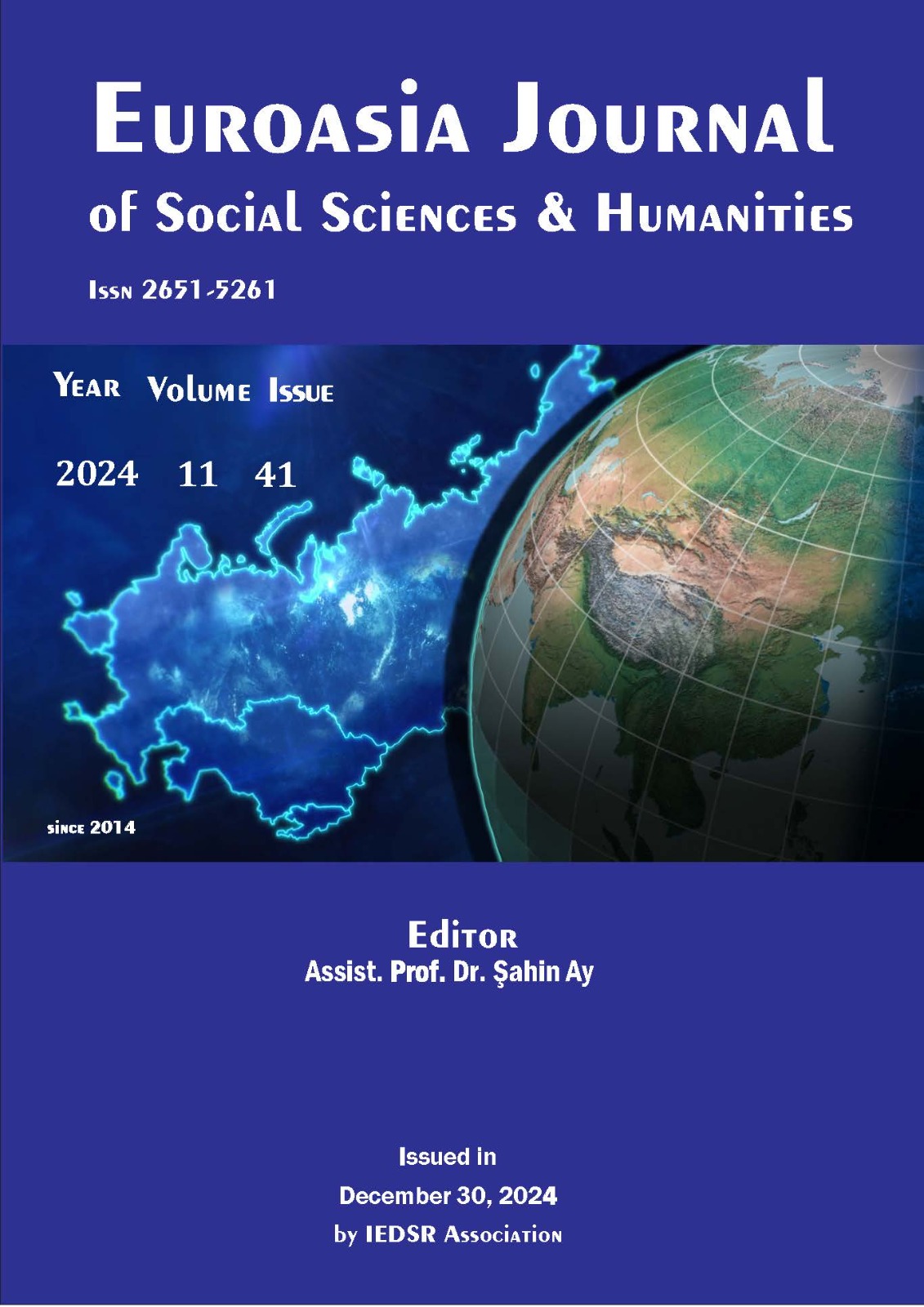Developmental Problems in Children in the Modern Age
DOI:
https://doi.org/10.5281/zenodo.14599659Keywords:
child, family, development, developmental problemsAbstract
In the modern age, developmental problems in children have taken on a complex structure with various socio-cultural, digital and psychological effects. The following problems stand out among these:
- Digital addiction and screen time: The widespread use of technology can lead to increased screen addiction in children, negatively affecting the development of social skills. Excessive screen time, especially at young ages, can lead to physical and mental health problems such as attention deficit, sleep problems and obesity.
- Social isolation: Socializing in the digital world can replace face-to-face communication. This can prevent children from developing social skills, empathy and understanding group dynamics.
- Academic pressures and perfectionism: In the modern age, pressure for education and careers is increasing. This can cause emotional problems such as stress, anxiety and depression in children.
- Emotional and psychological problems: Social media and online platforms can create an ideal "perfect life" perception in children, causing self-confidence problems and body image disorders. Bullying, social pressures and constant comparisons can negatively affect children's psychological health.
- Changes in family dynamics: Changes in family structure (divorce, single-parent families, dual-career parents) and parents' busy work schedules can affect children's emotional development. Children who do not receive enough attention and support may experience delays in their emotional development.
- Hyperactivity and attention deficit disorder (ADHD): In the modern age, the diagnosis of such disorders has become more common. Hyperactivity, concentration problems and impulsive behaviors in children can make the educational process and social relationships difficult.
In order to overcome these developmental problems, families, educators and social organizations should take responsibility for providing more support to children.
Downloads
References
Aral, N., Baran, G., Bulut, Ş. ve Çimen, S. (2000). Çocuk Gelişimi 2. İstanbul: Turan Ofset.
Bacanlı, H. (2000). Gelişim ve Öğrenme. Ankara: Nobel Yayınları.
Çakmaklı, K. (1991). Aileler İçin Sosyal Hizmet. İstanbul: T.C.Aile Araştırma Kurumu Başkanlığı Yayınları.
Ülgen, G. ve Fidan, E. (1992). Çocuk Gelişimi. İstanbul: Milli Eğitim Basımevi.
Yavuzer, H. (1993). Çocuk Psikolojisi. İstanbul: Remzi Kitabevi.
Yörükoğlu, A. (1986). Çocuk Ruh Sağlığı. Ankara: Doğuş Matbaası.
Downloads
Published
How to Cite
Issue
Section
License
Copyright (c) 2025 EUROASIA JOURNAL OF SOCIAL SCIENCES & HUMANITIES

This work is licensed under a Creative Commons Attribution-NonCommercial 4.0 International License.

